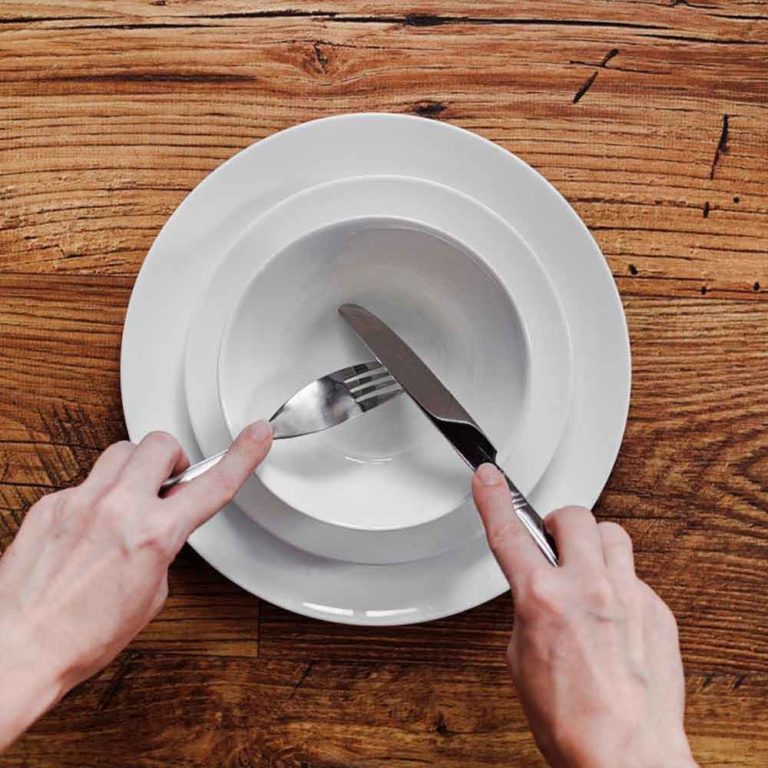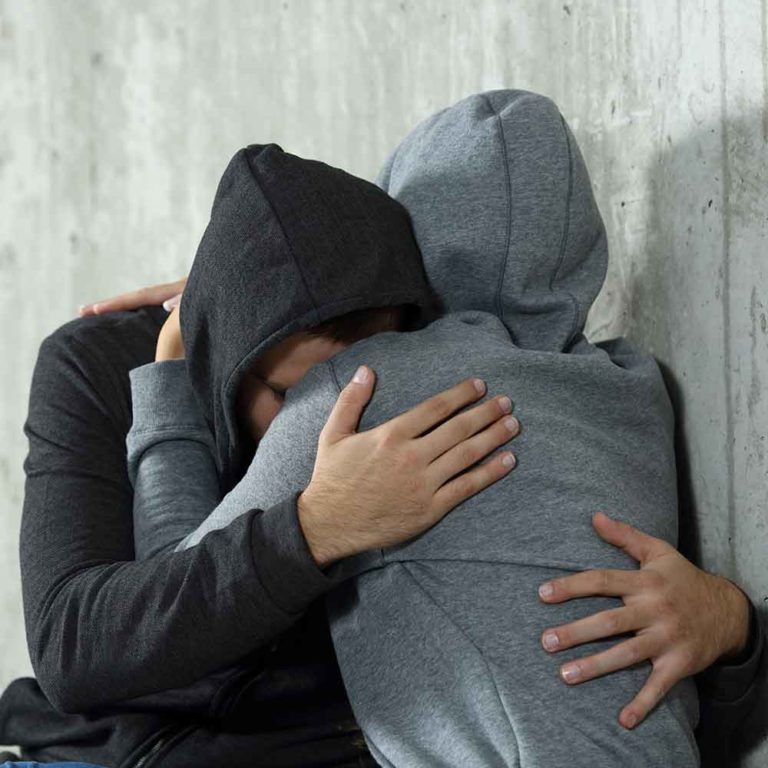Money can tend to be quite a personal thing.
Let me ask you this – if you found yourself in a room filled with strangers of various diversity in terms of age, race and present social standing and someone announced that you had to write down your present budget (income and expenses per month) and share it with the person on either side of you, how would that make you feel?
None of their business, right? My money is my thing and no-one needs to know about that.
Whose cash is it anyway?
If you’re still not fully convinced then jump onto social media and make a comment that you think international football players get paid too much. You will receive a quick lesson on what people who are big fans of the sport think about that one. (Spoiler alert: it will not go well!)
Where do we look to for advice about money? I guess most of us would probably go to friends and family and maybe if we are making enough money we might have a financial advisor, someone we pay money to help us answer that.
For me as a follower of Jesus, I go to God. What is interesting to me though, is that although the Bible speaks about money a lot, we don’t often hear churches talking about it. In fact, I would say that most churches probably speak about money about once a year, when they encourage you to give your money (or a tenth of it) to the church.
What does God say about money?
For me, I think that one of the biggest things God says about money in the Bible is something that doesn’t even seem to be about money. When a group of religious leaders try to trap Jesus by asking Him to highlight one commandment as the most important one, Jesus responds by saying this:
‘Love the Lord your God with all your heart, with all your soul and with all your mind. This is the first and the greatest commandment. And the second is like it: Love your neighbour as you love yourself. All the law and the prophets hang on these two commandments.’
So this is meant to be the greatest commandment for Christians. Love God with everything but also love your neighbour as yourself. It’s the ‘love your neighbour as yourself’ bit that has gotten me thinking recently.
Jesus goes on in other stories to talk about how your ‘neighbour’ includes your enemy, everyone you know and even people you don’t know. So He really is calling us to treat everyone around us in the same way we want to be treated ourselves.
Which brings me to money? Does the way I spend my money (and I will add my possessions and skills and time to this question) impact others around me so that they feel loved the same way that I love myself?
Relationship is the key to good money habits
Giving to strangers can feel hard sometimes, while giving to people you love is often the easiest thing. So perhaps the key to giving is not so much focusing on the money, but on the relationship. A local and international non-profit like Common Change is just one group that can help us do better with that.
As we grow relationship our with people, so the desire to love others as we love ourselves will become a natural part of who we are. And if God’s take on the things we possess is that they should be used to build up community and not to possess us, then perhaps this is a God worth looking into.
Many people move away from church because they think that sometimes the church is all about taking their money. But how would you feel about a church whose responsibility it is to connect people who have resources with those who do not. Is that a God you would like to hear more about?
If this post has spoken to you or if you would like to know more, please click on the link below or leave a comment.










